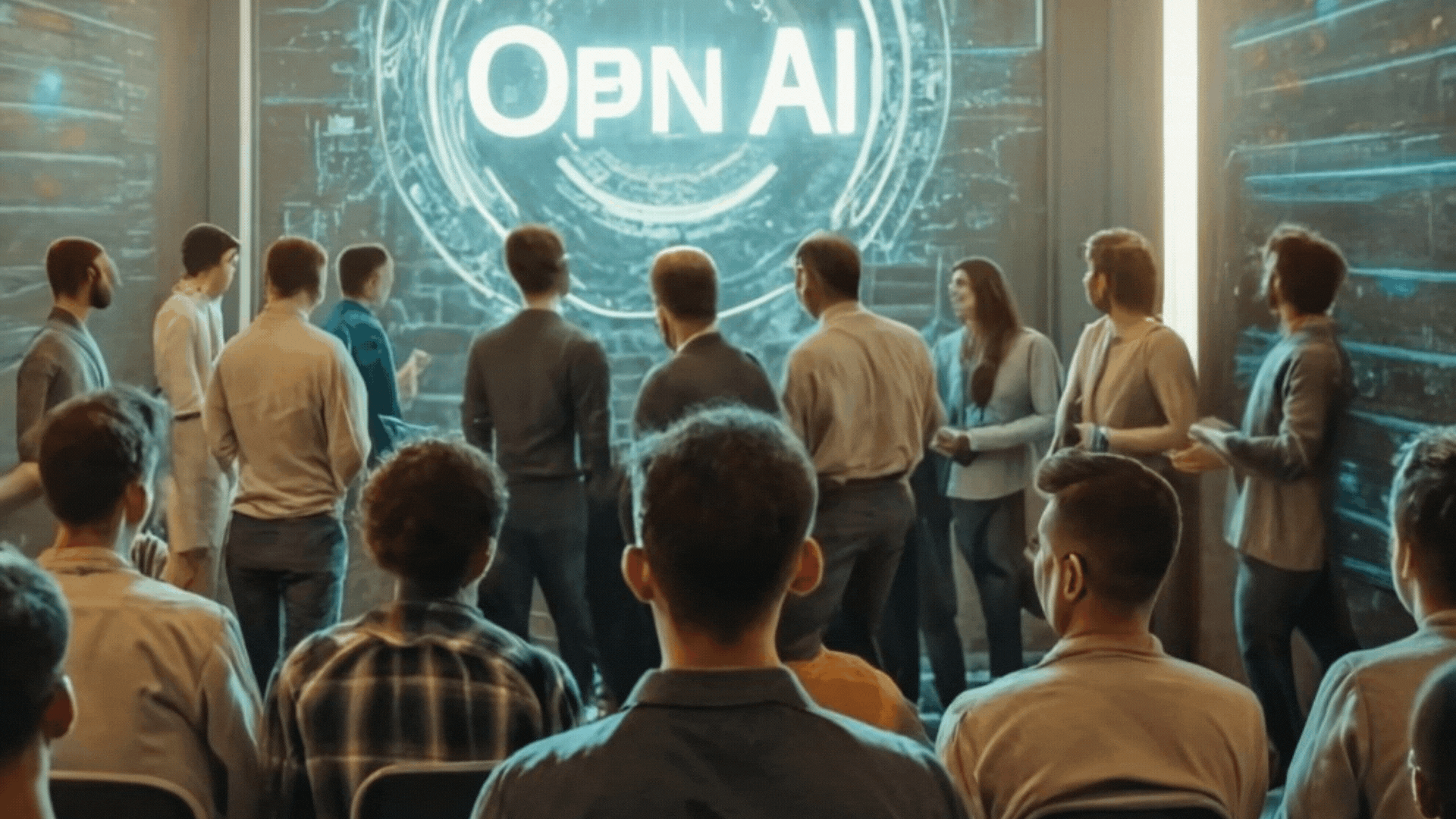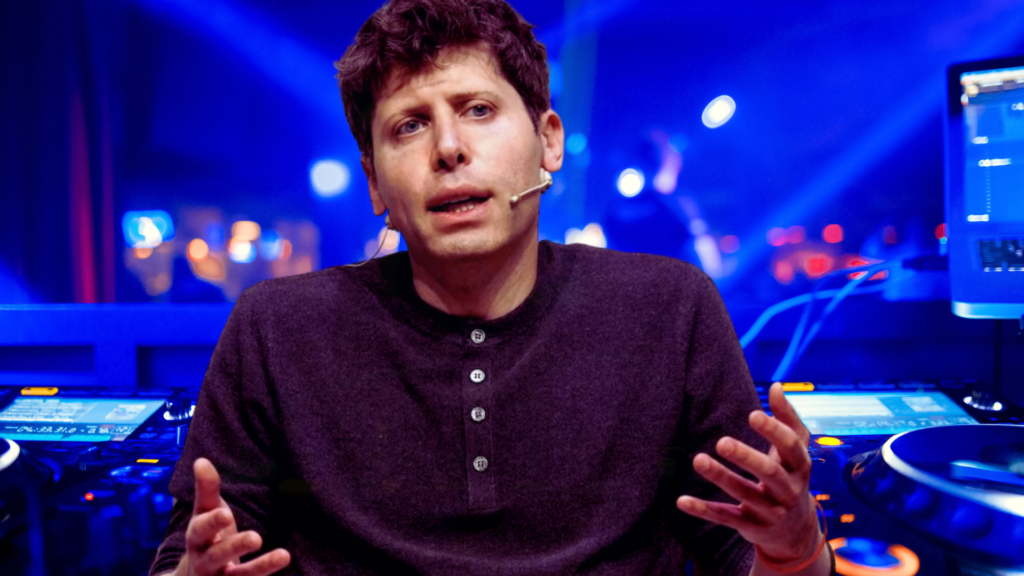
Hey folks, you won’t believe the latest buzz around OpenAI! Some investors, you know, those behind the brains of ChatGPT, are actually considering taking legal action against the company’s board. Insider sources spilled the tea to Reuters on Monday, right after the directors booted out CEO Sam Altman and there’s talk of a significant exodus of employees.
Seems like these investors are teaming up with legal advisors to mull over their options. But hold up, it’s not crystal clear yet whether they’ll actually kick off a legal showdown with OpenAI.
The big concern for these investors? Well, with the potential downfall of the hottest startup in the lightning-fast growing AI realm, there’s a worry about significant losses in their portfolios, especially in OpenAI where they’ve poured in millions of dollars.
Guess what? OpenAI’s staying mum, no comment at all.

According to the inside scoop, Microsoft’s holding a 49% stake in the company focused on profit-making. Semaphore, on the other hand, holds the reins with 49% control among other investors and employees, leaving a tiny 2% ownership in the hands of OpenAI’s non-profit parents.
According to an internal memorandum seen by Reuters, OpenAI’s board axed Altman on Friday post an “internal communication breakdown.”
By Monday, the threat of resignations loomed over more than 700 OpenAI employees, unless the company made board changes.
While venture capital investors usually hold board seats or voting power in their portfolio companies, OpenAI is controlled by its non-profit parent company, not the profit-driven OpenAI entity, which, as stated on OpenAI’s website, was “created for the betterment of humanity, not for OpenAI investors.”
Consequently, employees have more leverage on the board compared to venture capitalists aiding the company with funds, stated Minor Myers, a law professor at Connecticut College. He added, “There’s actually no one wounded investor in the seat.
Here’s a curious quirk: OpenAI’s setup doesn’t have any bugs; it began as a non-profit entity but hitched up with a for-profit subsidiary in 2019 to raise capital. According to the company’s website, having control in operation with non-profit governance helps to safeguard their “core mission, governance, and oversight.”
Non-profit boards hold legal responsibilities towards the organizations they oversee. However, experts say they leave out many duties, like caretaking and avoiding self-dealing, when it comes to leadership decisions.
In corporate frameworks like OpenAI, these responsibilities could be even more confined, potentially isolating non-profit directors from investors, as mentioned by Paul Weitzel, a law professor at the University of Nebraska, who highlighted how a limited liability company was used as their operating arm.
While venture capital investors usually hold board seats or voting power in their portfolio companies, OpenAI is controlled by its non-profit parent company, not the profit-driven OpenAI entity, which, as stated on OpenAI’s website, was “created for the betterment of humanity, not for OpenAI investors.”
“You can oust visionary founders,” remarked Weitzel. Apple famously ousted Steve Jobs in the 1980s, only to bring him back almost a decade later.
